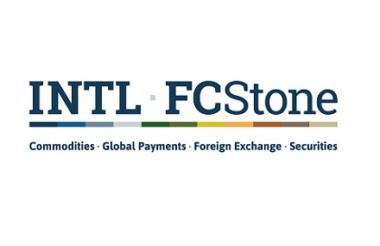Gregory Vincent talks about procurement of currencies when delivering aid and how to avoid the risks while doing so.
As an NGO with international commitments, procurement of foreign, often quite exotic, currencies is an unavoidable byproduct of your decision to deliver aid in another country.
It can often be quite daunting transacting in foreign exchange markets, particular when the funds are destined for some of the more challenging locations, like South Sudan, Sierra Leone or even Vanuatu. Knowing which provider to use can be difficult as there are many players in the market these days, all promising to save you money. Here are a few tips to consider when deciding how to meet your foreign exchange needs.
- When considering adding a provider, ask them about their correspondent bank network and which banks they use to deliver specific currencies. This is particularly important in relation to point three below, but it will also give you a good idea of how much control they will have over the payment process: if they are simply feeding your transaction into one of the global banks, chances are that they won’t have much control over the settlement process once the funds leave their hands.
- Does the proposed provider know anything about the market they are sending funds to? Ideally they should be able to talk to you about the local market settlement mechanism, the Central Bank’s behaviour, the local banks, any settlement peculiarities etc.
- Make sure you get an all-inclusive rate upfront and that the delivery amount is guaranteed. If the provider can’t guarantee that no further fees will be deducted, how do you know if you’ve really got a good rate? This also suggests that they don’t really control the settlement process.
- Always try to obtain a comparison rate. Any provider that locks you into an exclusive arrangement is acting in their best interests, not yours. If a provider is offering a competitive service, they should not be worried about you comparing this with someone else’s. No single provider is always the best price for every currency, every time.
- De-mystify the process. Procuring currencies is fundamentally the same as procuring mosquito nets, or Toyota trucks or mealie meal. Don’t be frightened to haggle a bit and let your provider know you are checking around for rates. Don’t let someone try to bamboozle you with jargon and if they tell you that you can’t send local currency to a specific country and want you to send USD instead, check that info: maybe it’s just that they can’t send local currency there, but someone else can. Maybe check with your peers what they do for that currency.
- Check on the financial viability of a provider before agreeing to use them. If they want you to take financial risk on them, then you should know what risk you are really taking. If they have a very small balance sheet, are you sure that they have enough capital to reimburse you should there be a problem? The financial circumstances of any UK company can be verified at Companies House, via the following link .
Lastly and most importantly, always remember that your funds are your asset and you should always remain in as much control of them as possible. You should make providers compete for your business and demand transparency from them – remember that they are not doing you a favour, but you are doing them one, by bestowing your business on them.
Gregory Vincent is head of FX payments (EMEA) at INTL FCStone. He can be contacted at [email protected] or on +44(0)203 580 6123.
Civil Society Media would like to thank INTL FCStone for their support with this article.









